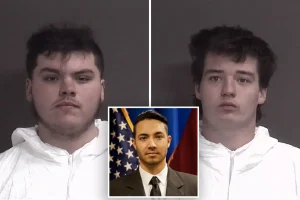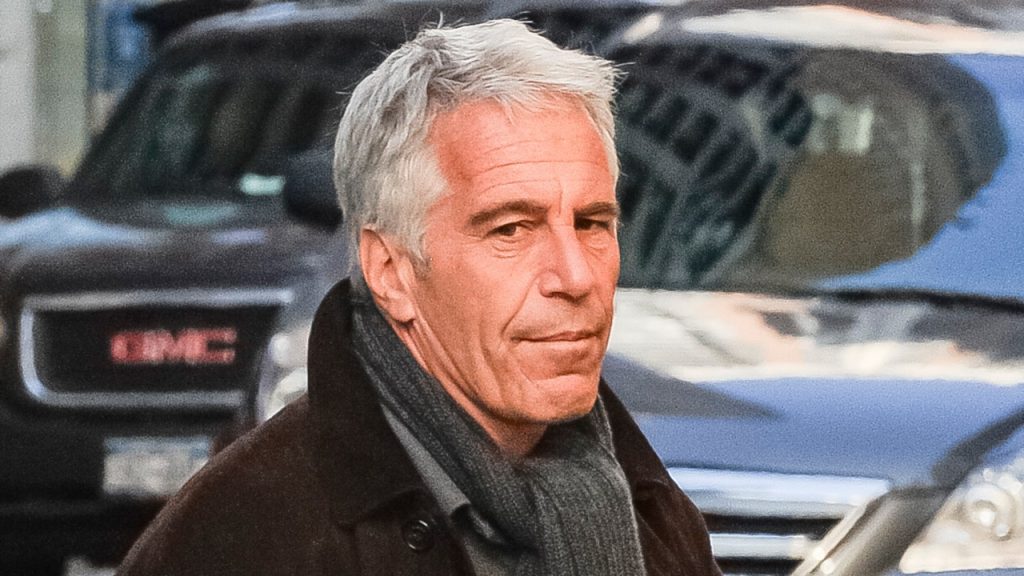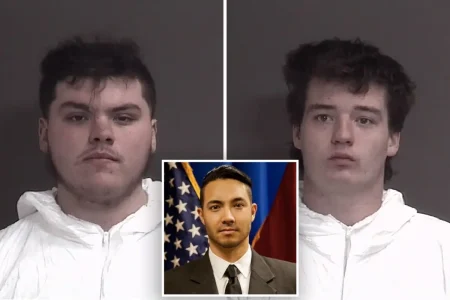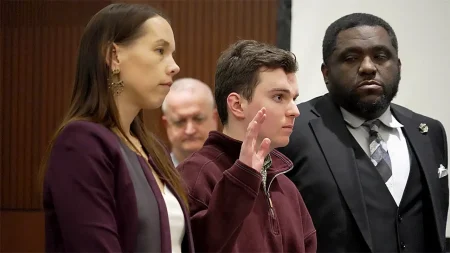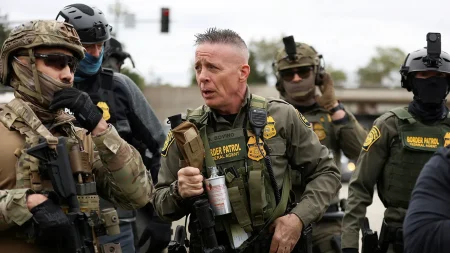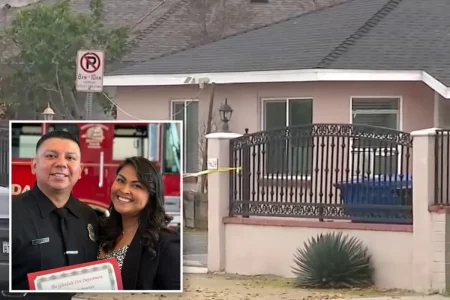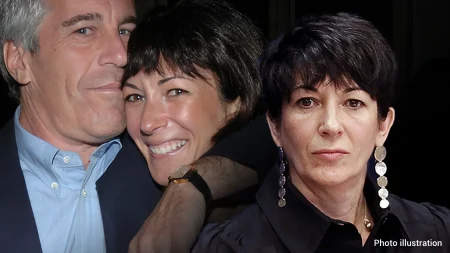Jeffrey Epstein’s Final Days: Behind the High-Profile Custody That Failed Him
In the summer of 2019, when Jeffrey Epstein was arrested on sex-trafficking charges, his case immediately triggered heightened attention within the federal prison system. Newly released emails reveal that top officials at the Bureau of Prisons demanded daily updates on the financier’s status at the Metropolitan Correctional Center (MCC) in New York. The Northeast Regional Director, J. Ray Ormond, specifically requested that Associate Warden Shirley Skipper-Scott provide “a daily update on this inmate, including his status and any changes/activities I should be aware of.” This directive came just one day after Epstein was found unconscious with an “orange cloth around his neck” in his cell on July 23, 2019. The significance of monitoring Epstein was so emphasized that corrections officers were told they had orders from “God” to keep a close eye on him—yet despite these explicit instructions, the system catastrophically failed to protect him from himself.
The circumstances surrounding Epstein’s first apparent suicide attempt remain murky. His cellmate claimed Epstein had tried to hang himself, while Epstein initially blamed the cellmate before recanting and claiming memory loss about the incident. A Bureau of Prisons investigation couldn’t conclusively determine what happened. Following this incident, Epstein was placed on suicide watch but removed after only one day, though he was transferred to a special housing unit where he was supposed to receive regular monitoring. Skipper-Scott noted in correspondence with other officials that Epstein himself had requested protective custody due to his case being “highly publicized.” From July 7 onward, Epstein was housed in the Special Housing Unit (SHU), where inmates remain locked in their cells for approximately 23 hours daily, separated from the general population due to his notoriety and the media attention surrounding his case.
Mark Epstein, Jeffrey’s brother, has suggested that his brother feared retaliation from his initial cellmate, who would later be convicted of quadruple homicide. “Jeffrey wasn’t an idiot,” Mark told Fox News Digital. “You don’t forget why you ended up with marks around your neck and on the floor. You don’t forget how you got there.” After his brief period on suicide watch, Jeffrey was assigned a different cellmate. However, a critical security lapse occurred when this cellmate left for a court appearance on August 9 and was subsequently released, leaving Epstein alone in his cell during his final hours. On that last day, Epstein spent considerable time meeting with his lawyers until approximately 6:45 p.m., after which guards permitted him to make an unauthorized, unmonitored phone call. Though he claimed to be calling his mother, investigators believe he actually contacted his girlfriend.
The fatal breakdown in protocol occurred during the overnight hours of August 9-10. Despite requirements for guards to conduct checks every 30 minutes and despite Epstein’s cell being within direct view of an officer’s desk, no one checked on him for over six hours. His last human contact came around midnight, and he wasn’t discovered until breakfast service around 6:30 a.m., when staff found him unresponsive. The New York City Medical Examiner’s Office conducted an autopsy the following day and eventually ruled his death a suicide by hanging. This conclusion has been publicly rejected by both Mark Epstein and Ghislaine Maxwell, Epstein’s former lover and only convicted accomplice, who have expressed skepticism that he would take his own life. The investigation revealed that most security cameras in Epstein’s wing weren’t actually recording, further complicating efforts to piece together exactly what happened during those final hours.
The fallout from Epstein’s death led to serious consequences for the facility and staff involved. Two MCC guards who were supposed to be monitoring Epstein accepted plea deals after being accused of sleeping on the job, browsing the internet instead of conducting required checks, and then falsifying records about their activities that night. Their punishment was notably light—each received 100 hours of community service in exchange for cooperating with the Office of Inspector General’s investigation. The systemic failures at MCC were so severe that in August 2021, authorities ordered the entire facility temporarily closed. As of the latest reports, there have been no announcements regarding plans to reopen the notorious detention center where one of America’s most high-profile inmates died while supposedly under careful watch.
The case continues to reverberate through American politics and society. In August 2023, Epstein’s accusers gathered on Capitol Hill to advocate for the release of more Epstein-related records to the public, highlighting the ongoing search for complete transparency about his crimes, accomplices, and the circumstances of his death. The newly released emails and investigation details paint a disturbing picture of institutional failure despite explicit warnings and directives from the highest levels. Epstein’s death in federal custody represents not just the end of a notorious figure, but a profound breakdown in the justice system that was entrusted with holding him accountable for his alleged crimes against numerous young women. The contradictions remain stark: a man deemed important enough to warrant daily reports to regional directors somehow received less monitoring than prison protocols required for ordinary inmates, raising questions that continue to fuel speculation and demands for accountability four years after his death.


